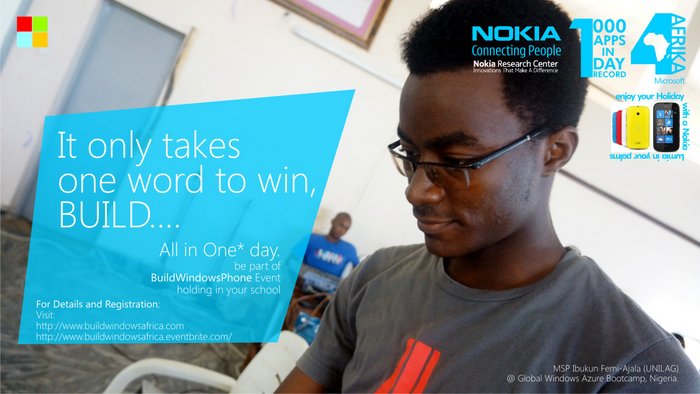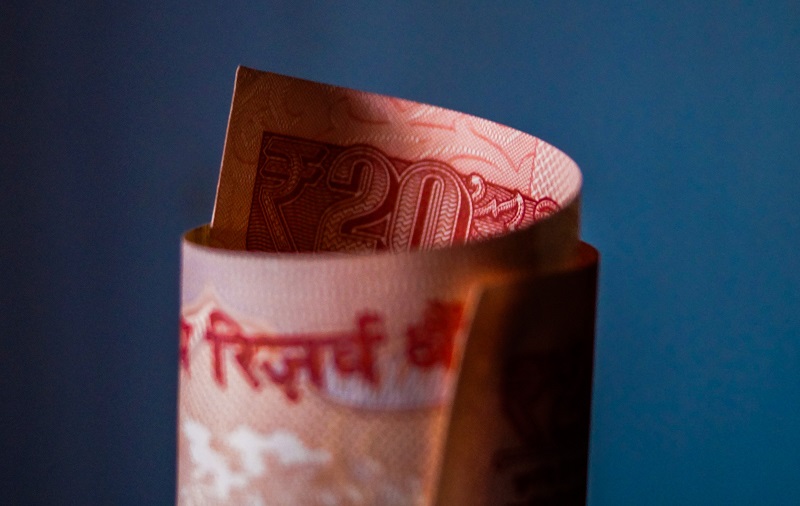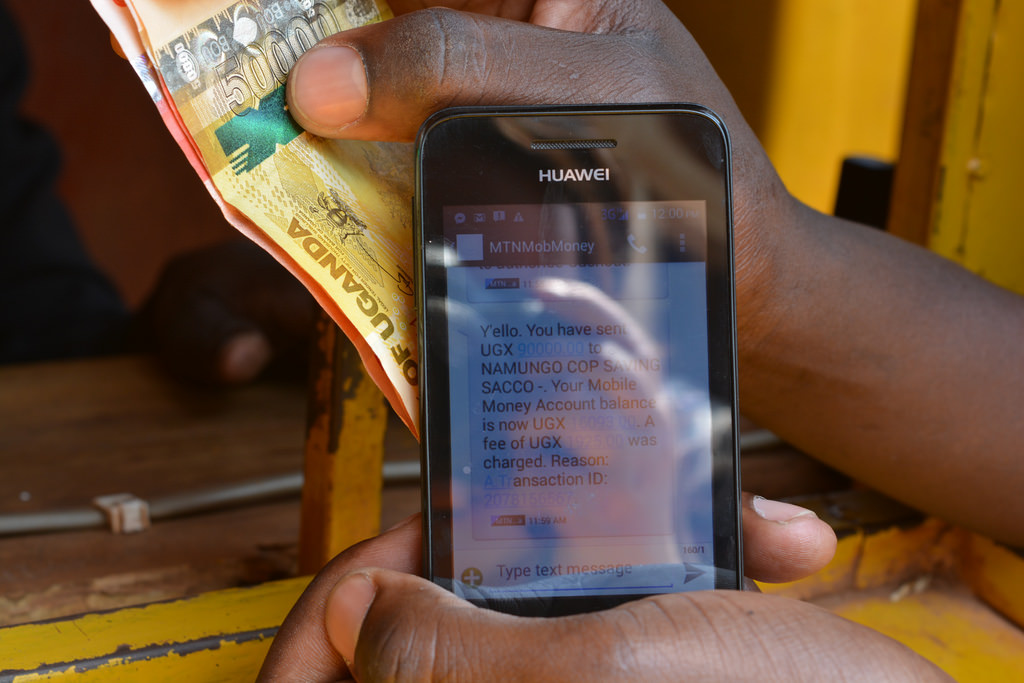I recently got wind of a Nokia-backed push to get West African developers to build apps for the Windows Phone platform. Of course, I thought. Following their acquisition by Microsoft, Nokia is now actively invested in the expansion of Windows Phone’s global footprint.
The latest local content development drive will tour West African countries and specifically hit tertiary institutions where they hope to find and inspire the technical talent that will create locally relevant app content for the region. The target, they say, is a thousand apps, and they won’t stop till the number is achieved.
Windows Phone might be nice to look at, but it is still dogged by the perennial chicken and egg problem of getting developers to make apps to attract droves of users which in turn should make the platform even more attractive to developers. In theory, the resulting virtuous cycle of platform growth should self-perpetuate. Unfortunately, not all of the must-have apps that consumers have come to take for granted on iOS and Android have made it into the Windows Phone app store.
Even more alarming for Microsoft should be the fact that Android is extending its winning streak into emerging markets. Thanks to emerging market focused OEMs like Xiaomi, Gionee and Tecno, and based on anecdotal observation of developer community trends, Google’s mobile OS is fast displacing J2ME as the baseline for mobile development. Popular mobile platforms like 2GO, Saya, BiNu, Eskimi and more that once swore undying allegiance to feature phones have now begun to rethink their strategy and have started creating for Android.
Thus, Google is Microsoft’s number one contender for the next mobile billion. A prospect that must result in lots of lost sleep for Redmond strategists. Although in some ways, life could be harder. Windows Phone has finally claimed the coveted third place behind iOS and Android, and BlackBerry is for all intents and purposes, buried. Apple isn’t quite serious about emerging markets just yet. There’s still some oxygen left in the room.
However, that sweet spot between affordable devices and local content that Android is currently exploiting to great advantage is what Microkia needs to hit, and quickly, while it’s still relatively early days, before Google totally scoops up all the gravy to be had in mobile, like they’ve done in developed markets. The vaunted 4Afrika initiative is hardly doing that.
But there might still be hope if Microkia can somehow bring Lumia, along with a robust local content universe, to the masses.



















